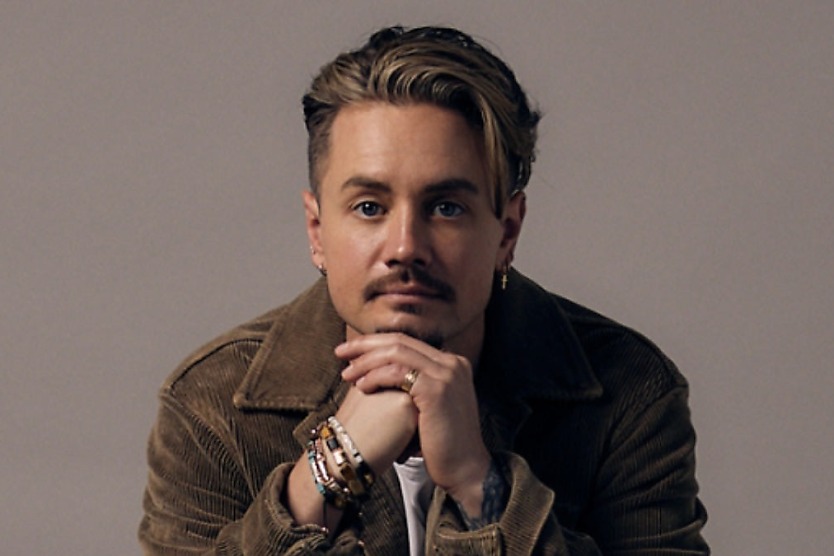Q&A with Heart On My Sleeve founder
SHARE THIS ARTICLE

Mental health advocate and Heart On My Sleeve founder Mitch Wallis joined The HR Leader to discuss the work his company does to address mental health in the workplace.
HR Leader: “What kind of work do you do at Heart On My Sleeve?”
Mr Wallis: “We help people stop pretending, effectively. In my experience, one of, if not the hardest, part about living with mental health issues is putting on the brave face and being stuck in guilt and shame and isolation.
“So our organisation was originally founded in a movement to help people be real about how they feel, and it’s since expanded into a services provider that delivers a flagship training program called Real Conversations that gives people the emotional intelligence to speak about how they really are and also as importantly, to support someone through that with the emotional skills to be able to effectively help them.”
“Heart On My Sleeve addresses the missing middle of the 98 per cent of the time where people just want to feel heard and understood in the workplace. They want to feel like there’s a psychologically safe environment where leaders and peers don’t make them feel worse if they ever say, ‘I’m not okay,’ and simply that they’re valued as a human being.”
HR Leader: “How rewarding is it bringing these discussions into the workplace and seeing results?”
Mr Wallis: “It’s everything. For me personally, it’s therapy to make meaning from pain. I was in the corporate world for almost seven years at Microsoft in a global role, but by the time I was 25, huge amounts of responsibility, and I know that how my workplace responded to my mental health issues played a very significant role in the way that it impacted me and my time it took to recover.”
“So when I am delivering a keynote or Heart On My Sleeve comes in and runs a training or we accredit someone to become a real mate, and then we hear the real-life stories through direct messages of, ‘I just had the first conversation with my daughter in 20 years where she said she felt understood’, or, ‘I checked in on a staff member the other day, and actually they just lost two people in their lives. And I feel like I can actually express that at work for the first time because it’s true for me. It’s affecting my work’.”
“And the best one of all, in one of our groups, a lady said, ‘It’s like being freed from prison in this group right now is the first time I’ve felt seen by my colleagues, and I’ve worked here for over 10 years.’ So what that feels like is indescribable to give people permission to live their truth and do good work because those two don’t trade off.”
He added: “You can never assume people’s inner worlds are stable just because their outer worlds are, and I’m a classic example of that. And just as importantly, I think anyone in a position of privilege, including myself, has a duty and a responsibility to give back to others, to belay people up the mountain, and if that is material privilege like race or gender or affluence for sure, but also something I call emotional privilege, people like me who are nowadays stable and doing well, I have a duty to help others who haven’t made it as far along this curve as I have.”
Notes from the editor: If you’re currently experiencing any of the sensitive issues we’ve discussed in this podcast and would like to reach out for help, you may wish to contact Lifeline: http://www.lifeline.org.au/
To learn more about Heart On My Sleeve, click here.
The transcript of this podcast episode, when quoted above, was slightly edited for publishing purposes. The full audio conversation with Mitch Wallis on 3 March is below, and the original podcast article can be found here.
Jack Campbell
Jack is the editor at HR Leader.

